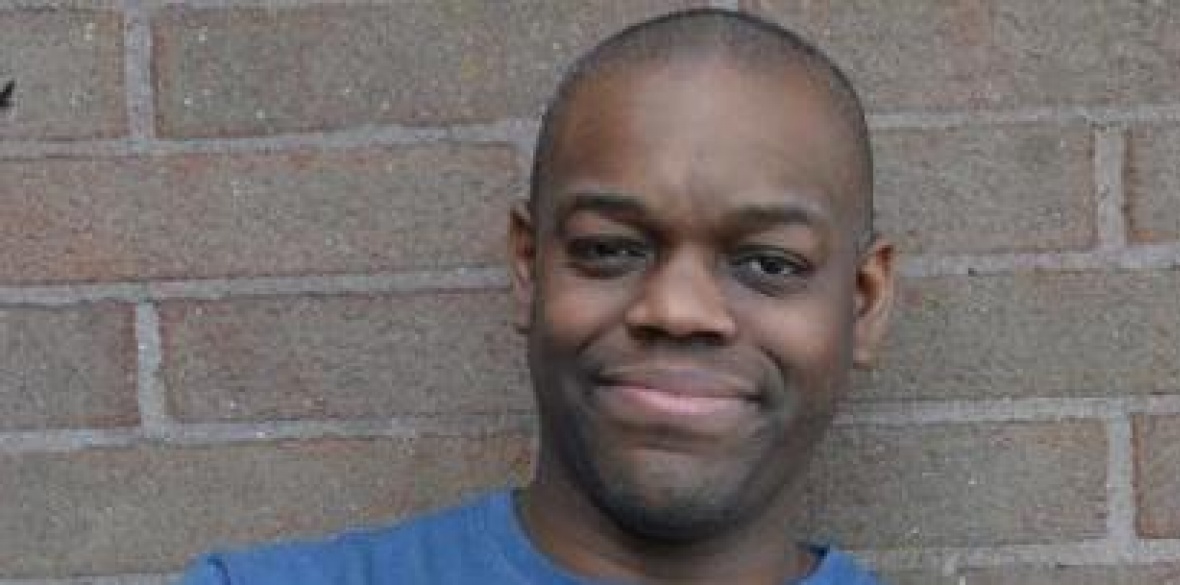This is the last article you can read this month
You can read more article this month
You can read more articles this month
Sorry your limit is up for this month
Reset on:
Please help support the Morning Star by subscribing here
Josephine Corcoran
Three debut collections stood out for me. Geraldine Clarkson’s Monica’s Overcoat of Flesh (Nine Arches) is full of erudition and mischievous wordplay. It's never dull and never takes itself too seriously — and yet it's utterly serious.
In Tongues of Fire (Cape) Sean Hewitt shines as a laureate of trees, woods and forests and the natural world radiates from poems about love, sex, heartache and bereavement.
Marvin Thompson’s aptly named Road Trip (Peepal Tree Press) encompasses the writer's north London upbringing, his Jamaican and African heritage and his current home in mountainous south Wales. Fictional characters and raw autobiographical detail merge in this thrillingly original and enlightening book.
Josephine Corcoran’s poetry collections are What Are You After? and The Misplaced House. She lives in south-west England.
RM Francis
Making Tracks by Katy Wareham Morris, out with V Press, is a creative and conceptual triumph, exploring the disparate effects of a changing place on a multifaceted set of identities, communities and cultures.
In her poem I try to explain it again, we are in the rhizomes of place-identity and its upheaval, specifically Longbridge in the West Midlands.
Language and formal experimentation strike a beautifully shaped punch throughout these pages, playfully rendering the slippery nature of memory, class, gender with poetic tricks that are genuinely avant-garde but never at the expense of the earthy guts which these poems are drenched in. Making Tracks gets to the hypocentre of West Midlands Industrial life.
RM Francis is from Dudley in the West Midlands. He has just published his first full-length collection, Subsidence (Smokestack Books).
Graham Fulton
I love Jim Ferguson’s Poor Wurld (Speculative Books), wonderful poems in Glasgow Scots about ordinary poverty, broken lives, poets’ haircuts, dugout canoes, dancing to Stravinsky and stolen hoovers.
Bleak, lean, touching, laugh-out-loud funny and effortlessly brimming with real insight, these are short explosions of pain and joy. He has an original and uncompromising voice that should be discovered by more people but probably won’t be.
I also love Fessen Reared (Seahorse Publications), the second welcome collection by Lesley Benzie. Poems in English and Aberdonian, these are lyrical, incisive and true in a book that draws you in and endlessly takes you by surprise. Gently brilliant.
Graham Fulton’s most recent collection is Chips, Paracetamol and Wine (all published by Smokestack). He lives in Paisley.
Kevin Higgins
My poetry book of 2020 is Karl Parkinson’s Sacred Symphony (Culture Matters), a work of raw genius, both poetically and politically.
My runner-up is Attracta Fahy’s fabulously confessional Dinner in the Fields (Fly on the Wall Press), while Aoife Reilly’s Revolutions of Humming Things (Doire Press), rich with spirit-warming imagery, heralds the arrival of a very particular voice.
Other notable collections include Grace Wilentz’s slick and startling Gallery Press debut The Limit of Light and Mary Madec’s The Egret Lands with News from Other Parts (Salmon), an exquisitely honest book by a poet at the peak of her powers.
Kevin Higgins’ most recent book is Song of Songs 2.0: New and Selected Poems (Salmon).
Rosie Miles
Never have we needed poetry as much as we do now and my recommendations for 2020 are all anthologies.
These are the Hands: Poems from the Heart of the NHS (Fairacre Press), edited by Deborah Alma and Katie Amiel, are some of the most powerful and moving poems written by those who work in the NHS.
The title poem, by Michael Rosen, became famous when Sophie Raworth read it on the Today programme amid the first lockdown.
Staying Human is the fourth such anthology compiled by Neil Astley, editor of Bloodaxe Books, and I can’t recommend it enough. It’s a brilliant gathering of hundreds of vital, memorable poems, thoughtfully ordered. Give this to your friend/relative who thinks they “don’t do poetry.”
Finally, Jonathan Davidson’s wonderful A Commonplace: Apples, Bricks & Other People’s Poems (Smith/Doorstop) includes luminous finely crafted poems by Davidson alongside poems he loves, generous commentary and laughter-inducing footnotes. This is intelligent poetry that absolutely wants to include.
Rosie Miles is a Birmingham-based poet. Her poem You Enter is etched into King's Heath urban Village Square. Her debut pamphlet CUTS was published in 2015 by HappenStance.
Leonie Rushforth
Washing Up (Gallery Press) contains Derek Mahon’s last poems, fashioned and unfashionable.
Published shortly after his death in October this year, the book takes the long view, as Mahon so often has. More surprisingly, perhaps, it offers a hopeful and partisan vision anchored in the power of the imagination to “work strange miracles.”
The defining poem is the last one, Word to the Wise, addressed to Irish president Michael Higgins, a poet and a friend. In rhyming couplets, it scans a jeopardised future, where everything is nonetheless still to be gained — if the bold Cubans could do it, why not us?
Leonie Rushforth has a poetry collection forthcoming from Prototype in 2021. She lives in Hackney.
Edited by Andy Croft












